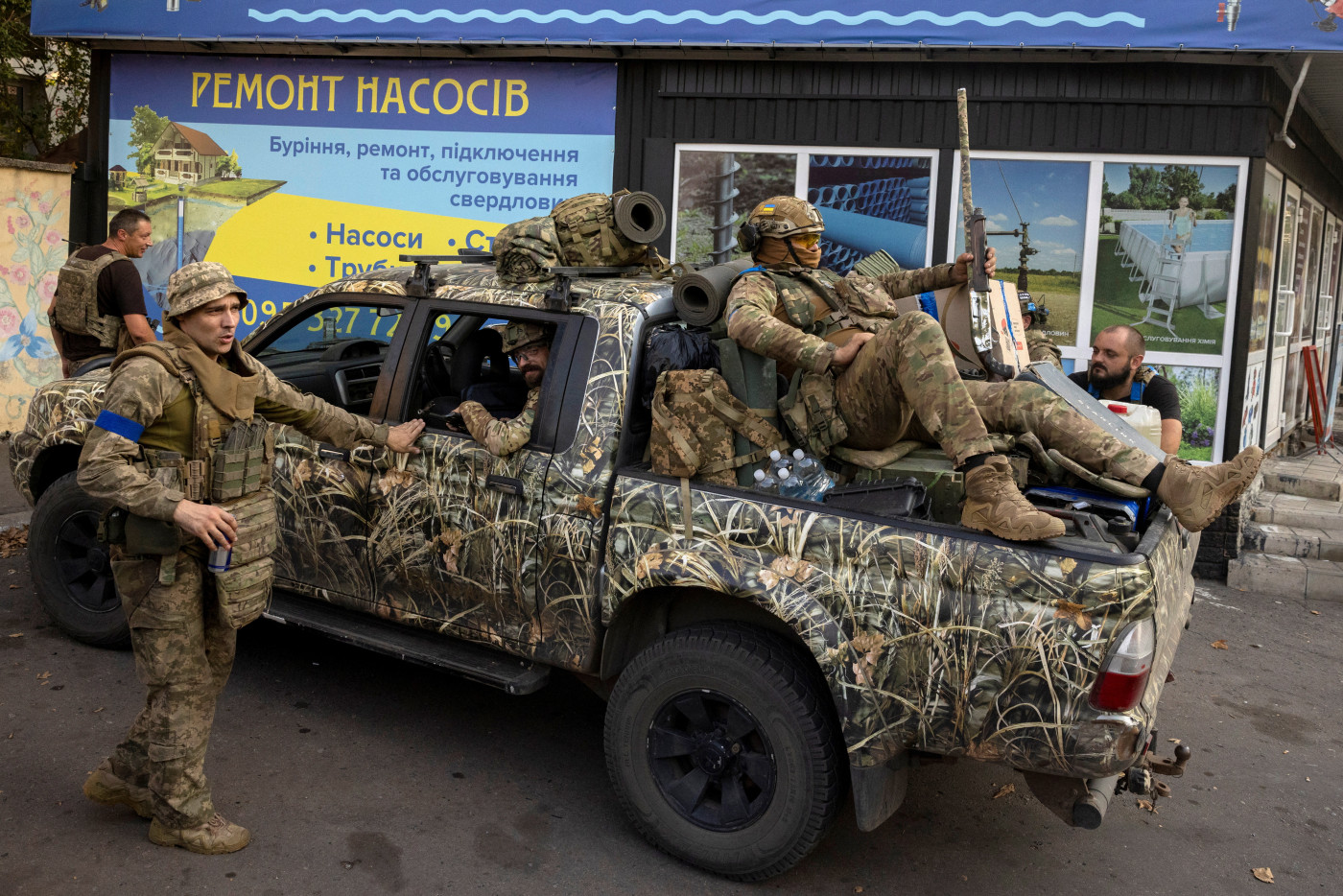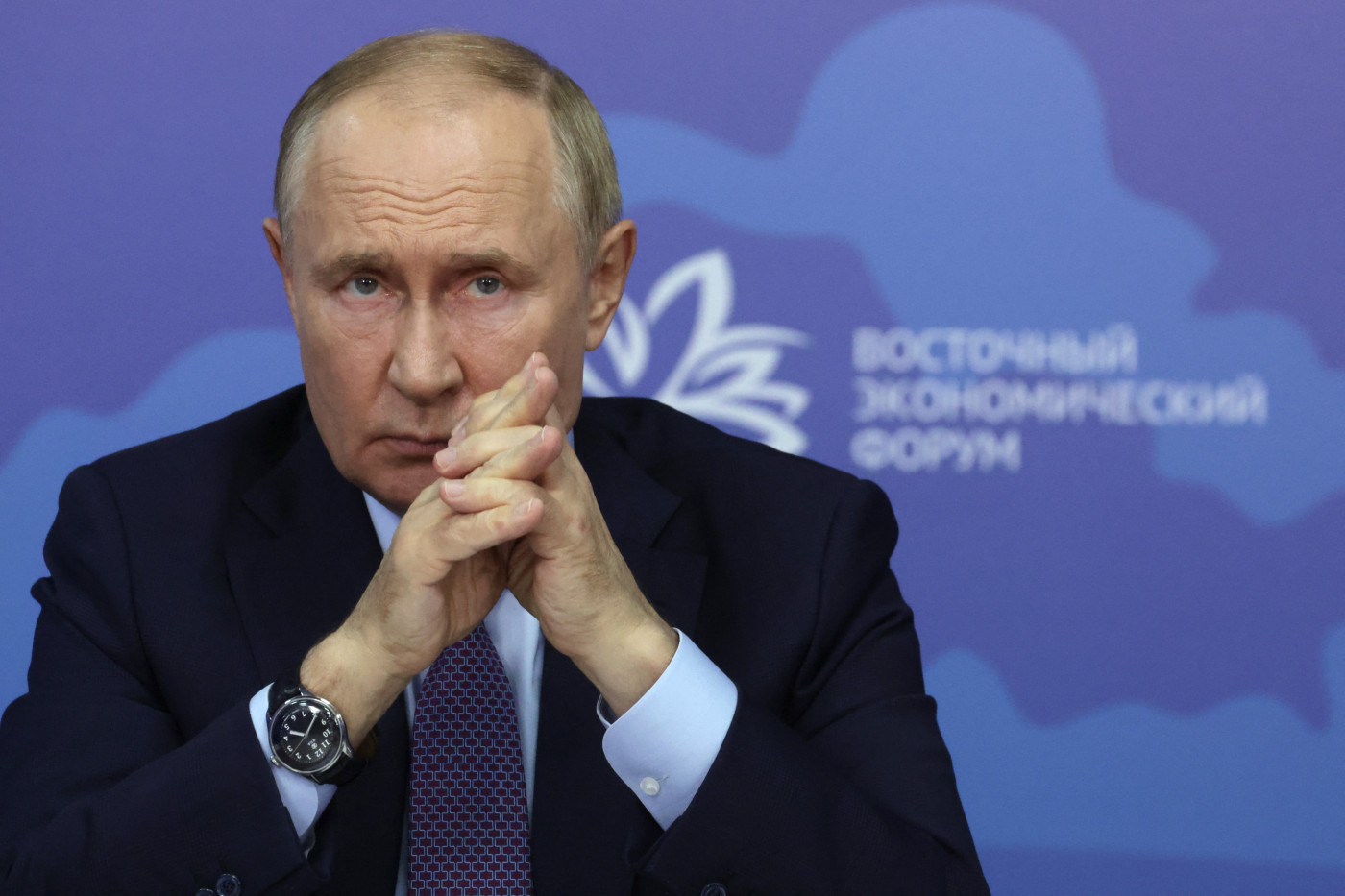US and South Korea Double Down Against North's Nuclear Weapons and WMD
The United States and South Korea would end the North Korean regime if it used nuclear weapons against either of them, a joint statement by the allies said on Wednesday.
The doubling down on their united stance came from The Extended Deterrence Strategy and Consultation Group between the U.S. and South Korea at its fifth meeting in Washington, DC. Extended deterrence, or "nuclear umbrella," is a commitment to deter and respond to potential nuclear and non-nuclear scenarios in defense of allies and partners.
The two sides committed to taking appropriate actions in response to North Korea's destabilizing activities, said Cara Abercrombie, the Pentagon's Acting Deputy Under Secretary of Defense for Policy, while the goal of complete denuclearization of the Korean Peninsula remained unchanged.
The American side reiterated its ironclad commitment to use the full range of military capabilities, including nuclear, to support extended deterrence for South Korea, according to a statement.
Both the U.S. and South Korea reaffirmed that there will be "a swift, overwhelming, and decisive response" if Pyongyang conducts any nuclear attack against Seoul. The Stockholm International Peace Research Institute estimated North Korea had around 50 nuclear weapons as of this year.
"The United States reiterated that any nuclear attack by the DPRK [Democratic People's Republic of Korea] against the United States or its allies is unacceptable and will result in the end of that regime." The statement uses the official name of the East Asian country ruled by Kim Jong Un.
Following the launch of a nuke-capable intercontinental ballistic missile in December last year, the North Korean leader claimed that he would not hesitate to launch a nuclear attack in response to the enemy's nuclear provocations. The missile is theoretically capable of reaching the U.S. mainland.
Washington and Seoul are not ruling out the possibility of North Korea conducting "significant" provocations before or after the U.S. presidential election in November, said Kim Hong-kyun, the First Vice Foreign Minister from South Korea, during a news conference after the meeting.
Officials of the U.S. and South Korea in the meeting also shared assessments on the "dangerous and irresponsible" behavior of North Korea, including missile launches and pursuit of weapons of mass destruction (nuclear, chemical, and biological weapons) and ballistic missile programs.
The U.S.-South Korea alliance also committed to bolstering their deterrence against North Korea's nuclear attacks, as well as non-nuclear attacks with weapons of mass destruction, which posed a threat of "high consequence, strategic-level attacks" to the alliance, according to the statement.
State media in North Korea has suggested previously that the country may carry out more provocations if the U.S. and South Korea bolster Washington's extended deterrence for Seoul and against Pyongyang.
China, which is one of only two North Korea's military allies, has urged the U.S. to "abandon Cold War mentality" by refraining from extending nuclear deterrence or expanding nuclear alliance.
In July, the U.S. held a meeting on extended deterrence with Japan in Tokyo that reaffirmed its "nuclear commitment" to defend the security treaty ally in East Asia. Japanese media reported that both sides planned to compile their first joint document on extended deterrence within the year.
Meanwhile, military cooperation between North Korea and Russia following the full-scale invasion of Ukraine by the Kremlin in February 2022 was condemned by the U.S. and South Korea in the meeting, including arms transfers in violation of the United Nations Security Council resolutions.
According to a new report produced by the South Korean Defense Intelligence Agency, North Korea has allegedly delivered over 13,000 shipping containers suspected of carrying weapons to Russia since mid-2022. The shipments could hold more than six million 152-millimeter artillery shells.
Disclaimer: The copyright of this article belongs to the original author. Reposting this article is solely for the purpose of information dissemination and does not constitute any investment advice. If there is any infringement, please contact us immediately. We will make corrections or deletions as necessary. Thank you.

